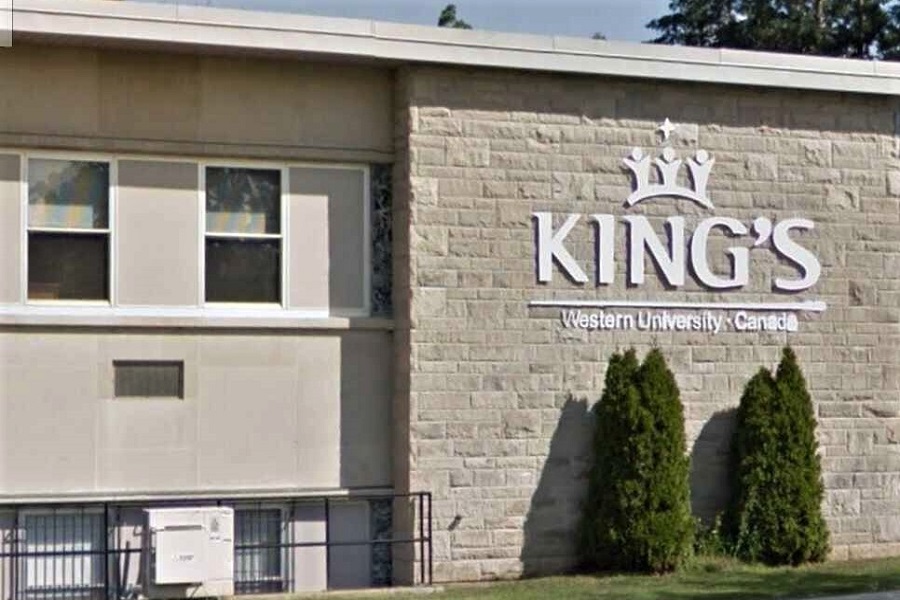Putting a degree to work
An employment guarantee program from King’s University College finds added meaning in a time of pandemic admissions
ONE OF THE biggest fears of starting a university education these days is the challenge of integrating into the job market after graduation ― and the anxiety that you might come out of school only to find that what you need is more schooling.
King’s University College wants to change that and launched a program earlier in the academic year called The King’s Promise — an ambitious employment guarantee that would promise to connect graduates with meaningful employment within six months of graduating through programming created or supported by King’s University College.
If a student isn’t able to land a job in this period, King’s will offer additional undergrad courses and career prep services for a year after graduation.
Story Continues Below
Led by an advisory board of past graduates who have made a place for themselves in the local economy, the program will work with students throughout their education to help provide a smooth transition to the workforce after graduation.
“Students entering their first year at King’s will enroll in the Promise program and be required to participate in activities such as curricular experiential learning, intentionally designed to support the development of their competencies,” explains Joe Henry, dean of students at King’s. “All students will be required to maintain at least a B average and complete a portfolio to showcase their work to employers. The hope is that through this process students are better able to transition to career opportunities.”
It goes the other way too, with the King’s Promise also extending a guarantee to local employers that their students are “being equipped with the competencies, values and knowledge to advance their organization,” and “committing to work with employers in London and through the world so they will understand the value and unique talents that King’s students bring.”
Story Continues Below
The program would also seem, at least on the surface, to be an attempt to play nice with the controversial new approach taken by the provincial government that would tie funding to graduate employment rates and salaries. That policy, announced in 2019 but pushed ahead last fall, has received pushback from student groups and education experts.
The pandemic, and the challenges it has placed on young jobseekers, has created a space for programs like this. “The pandemic to me has reinforced the need for this type of program,” says Henry. “Our goal is to complement the academic experience of students at King’s so that student can better translate their competencies to employers both large and small. The investment by King’s in this programming will better prepare students for the post-pandemic economy in London and beyond.” ![]() Kieran Delamont
Kieran Delamont

